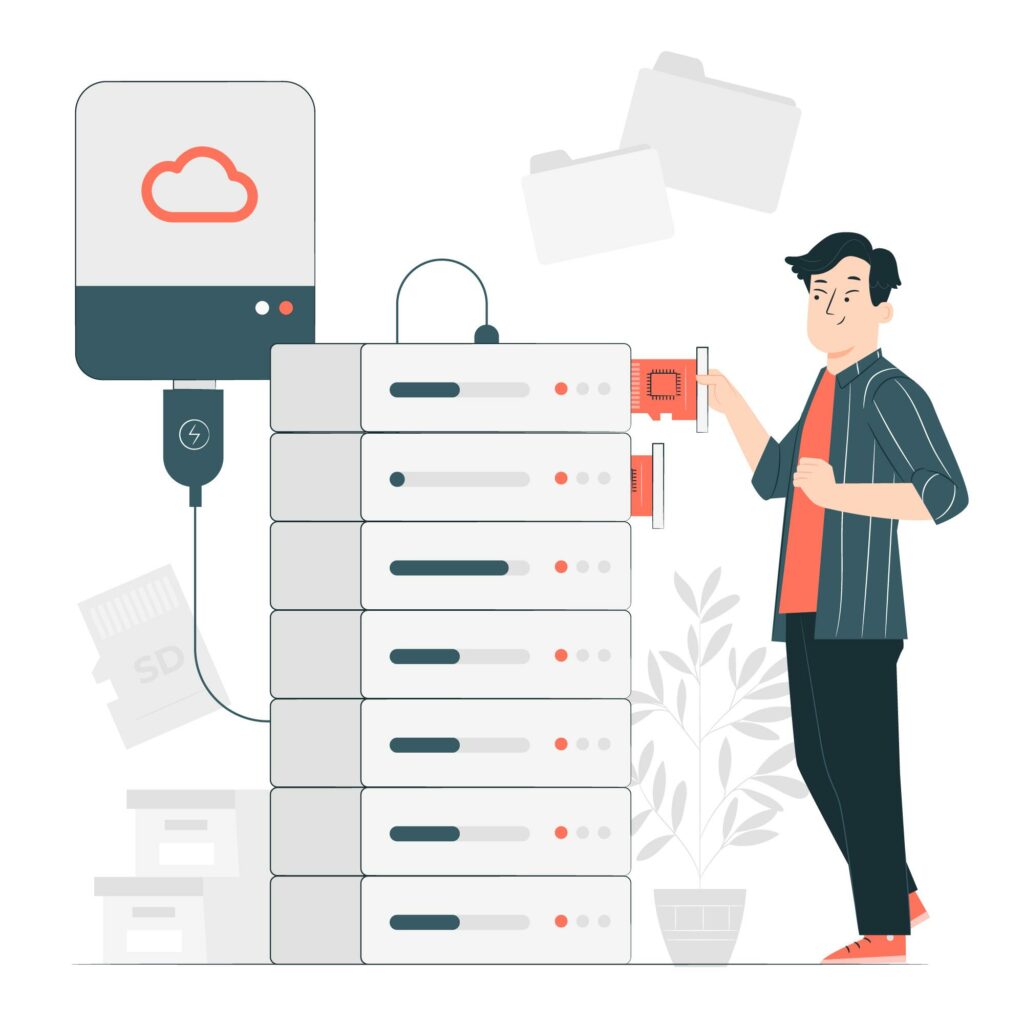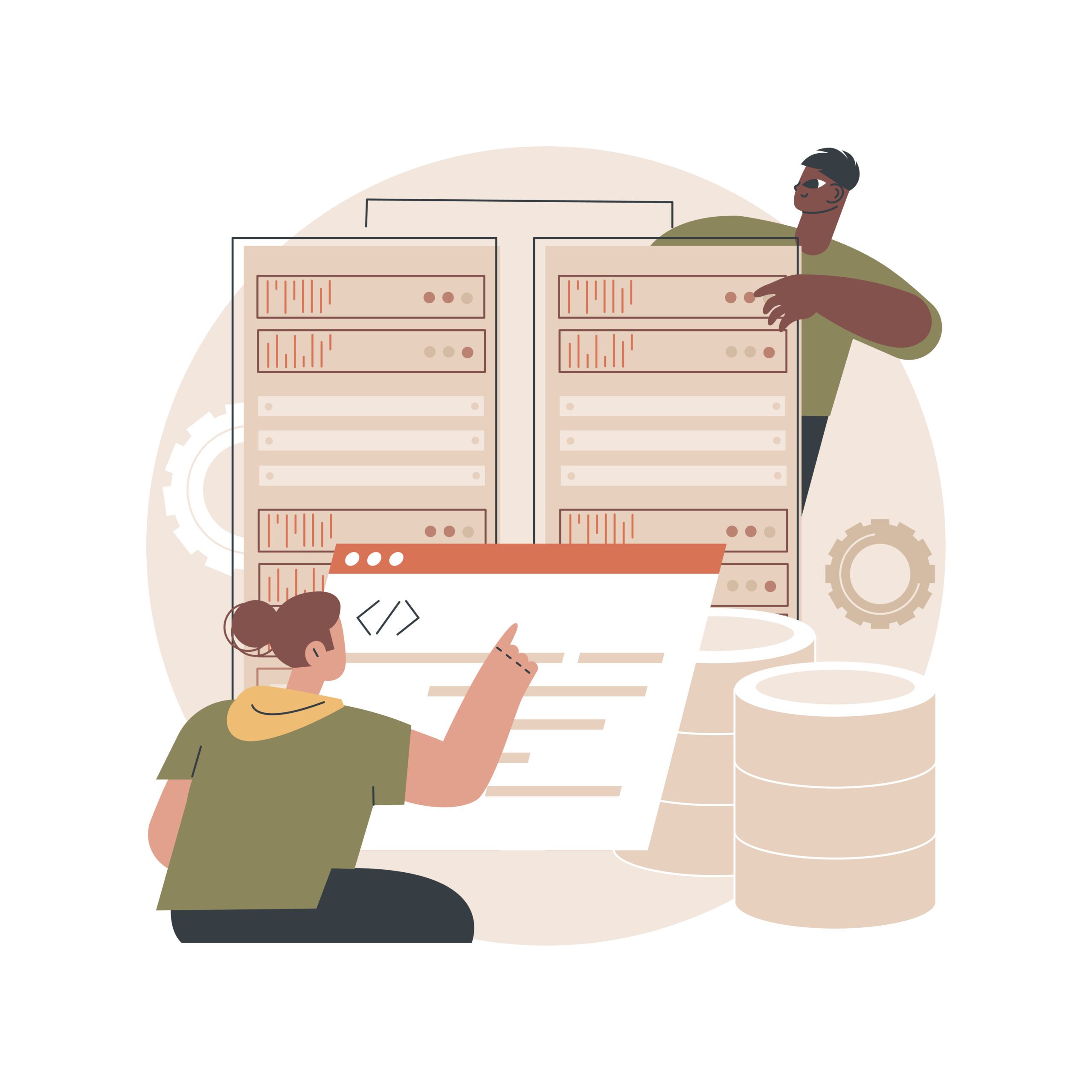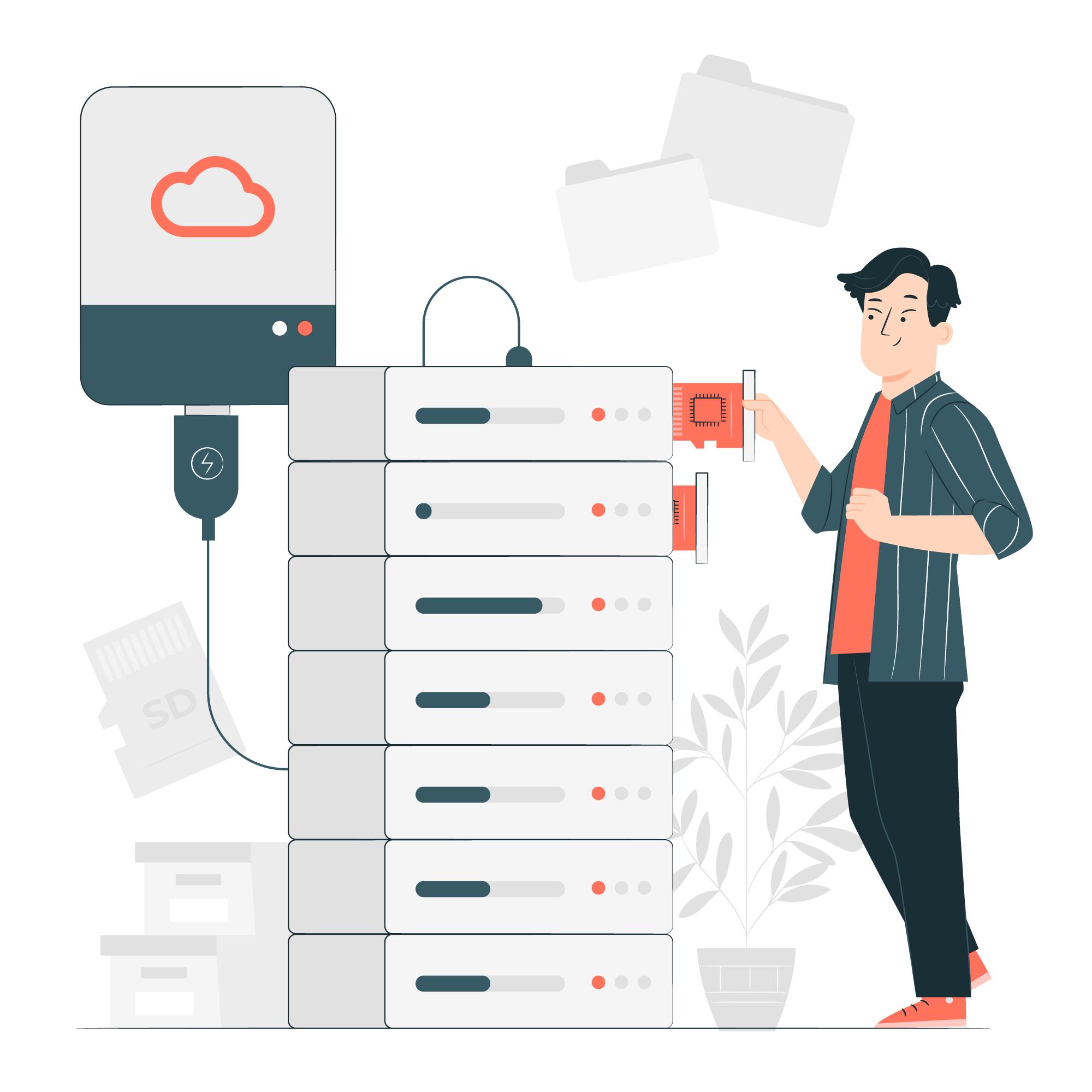GCP Professional Cloud Architect

Contents
Introduction to GCP Professional Cloud Architect Role



The Significance of Cloud Architecture
At the heart of any successful cloud deployment lies a well-designed architecture that meets the unique requirements of an organization while optimizing performance, scalability, security, and cost-efficiency. Cloud architecture serves as the blueprint for building and deploying applications and services in the cloud, encompassing everything from infrastructure design to network configurations and data management strategies.
The Role of a GCP Professional Cloud Architect
A GCP Professional Cloud Architect is a highly specialized role within the realm of cloud computing, tasked with designing and implementing scalable, secure, and resilient cloud architectures on the Google Cloud Platform. These architects possess a deep understanding of GCP's suite of services, including compute, storage, networking, databases, machine learning, and security, among others.
The Evolution of Cloud Architectures
The field of cloud architecture has undergone significant evolution in recent years, driven by advancements in technology, changes in business requirements, and emerging trends such as hybrid and multi-cloud environments. Traditional monolithic architectures have given way to microservices-based architectures, enabling greater agility, modularity, and scalability.
Understanding the Google Cloud Platform (GCP)


Overview of GCP Services and Products
GCP offers a diverse range of services tailored to meet the demands of modern cloud-based applications and workloads. These services can be broadly categorized into the following categories:
- 1. Compute Services : GCP provides various compute services for running applications and workloads, including Compute Engine for virtual machines, Kubernetes Engine for containerized applications, and App Engine for scalable web applications.
- 2. Storage Services : GCP offers a variety of storage options, such as Cloud Storage for object storage, Cloud SQL for managed relational databases, Cloud Bigtable for NoSQL databases, and Cloud Spanner for globally distributed, horizontally scalable databases.
- 3. Networking Services : GCP's networking services enable users to build secure, high-performance networks for their applications. This includes Virtual Private Cloud (VPC) for network isolation, Cloud Load Balancing for distributing incoming traffic, and Cloud Interconnect for connecting on-premises networks to GCP.
- 4. Data Analytics and Machine Learning : GCP provides robust data analytics and machine learning services, including BigQuery for real-time analytics, Dataflow for stream and batch processing, and AI Platform for building and deploying machine learning models.
- 5. Security and Identity Services : GCP offers a comprehensive set of security and identity services to protect users' data and resources. This includes Identity and Access Management (IAM) for managing user permissions, Cloud Identity for identity management, and Security Command Center for security monitoring and compliance.
- 6. Developer Tools and Management Services : GCP provides a range of developer tools and management services to streamline the development and deployment of applications. This includes Cloud Build for continuous integration and delivery, Cloud Monitoring for performance monitoring, and Stackdriver for logging and debugging.
Key Features of GCP
What sets GCP apart from other cloud providers are its unique features and capabilities designed to enhance performance, scalability, and reliability. Some of the key features of GCP include:
- 1. Global Infrastructure : GCP's global network of data centers ensures low-latency access to services from anywhere in the world, enabling businesses to deliver fast and responsive applications to their users.
- 2. Security and Compliance : GCP adheres to stringent security standards and compliance certifications, providing customers with peace of mind regarding the protection of their data and resources.
- 3. Scalability and Flexibility: GCP offers scalable services that can seamlessly handle fluctuating workloads, allowing businesses to scale their infrastructure up or down as needed without interruptions.
- 4. Integration and Interoperability : GCP services are designed to integrate seamlessly with each other and with third-party tools and platforms, enabling developers to build complex, multi-cloud architectures with ease.
- 5. Cost Management : GCP provides transparent pricing models and cost management tools to help customers optimize their cloud spending and maximize return on investment.
Role and Responsibilities of a GCP Professional Cloud Architect


Responsibilities of a GCP Professional Cloud Architect
- 1. Solution Design and Architecture : The core responsibility of a GCP Professional Cloud Architect is to design cloud solutions that align with the organization's strategic objectives and technical requirements. This involves gathering and analyzing business requirements, identifying appropriate GCP services and technologies, and creating architectural designs that optimize performance, scalability, and cost-efficiency.
- 2. Stakeholder Collaboration : GCP Professional Cloud Architects work closely with stakeholders across the organization, including executives, developers, operations teams, and third-party vendors. They facilitate discussions, gather input, and ensure alignment between business goals and technical solutions throughout the project lifecycle.
- 3. Technical Leadership and Guidance : As subject matter experts in cloud architecture and GCP services, Professional Cloud Architects provide technical leadership and guidance to project teams. They mentor junior architects and developers, share best practices, and promote architectural standards and patterns to ensure consistency and quality across projects.
- 4. Risk Management and Compliance : GCP Professional Cloud Architects assess potential risks and vulnerabilities in cloud architectures and implement appropriate security controls and compliance measures to mitigate these risks. They stay abreast of industry best practices, regulatory requirements, and security standards to ensure that cloud environments remain secure and compliant.
- 5. Performance Optimization and Cost Management : Professional Cloud Architects optimize cloud architectures for performance, scalability, and cost-effectiveness. They leverage GCP's monitoring and optimization tools to identify bottlenecks, optimize resource utilization, and minimize unnecessary costs, helping organizations achieve maximum value from their cloud investments.
- 6. Continuous Improvement and Innovation : Cloud architecture is an evolving field, and GCP Professional Cloud Architects are responsible for staying ahead of the curve. They continuously evaluate new GCP services and features, assess emerging technologies and trends, and incorporate innovative solutions into their architectural designs to drive business innovation and competitive advantage.
Key Skills and Competencies
To excel in the role of a GCP Professional Cloud Architect, individuals need to possess a diverse set of skills and competencies, including:
- 1. Technical Proficiency : Deep understanding of GCP services, infrastructure, networking, security, and other cloud technologies.
- 2. Problem-Solving Skills : Ability to analyze complex problems, identify root causes, and develop effective solutions.
- 3. Communication and Collaboration : Strong communication skills to effectively communicate with stakeholders and collaborate with cross-functional teams.
- 4. Leadership and Decision-Making : Leadership qualities to inspire and motivate team members, and make informed decisions under pressure.
- 5. Strategic Thinking : Ability to think strategically and align cloud architectures with broader business goals and objectives.
- 6. Adaptability and Continuous Learning : Willingness to adapt to changing technologies and learn new skills to stay relevant in a rapidly evolving industry.
Skills and Qualifications Required
Technical Skills
- 1. GCP Proficiency : A deep understanding of Google Cloud Platform services, including Compute Engine, Kubernetes Engine, Cloud Storage, BigQuery, and others, is essential. Professional Cloud Architects should be proficient in designing solutions that leverage these services effectively.
- 2. Cloud Architecture : Knowledge of cloud architecture principles, design patterns, and best practices is crucial. This includes understanding concepts such as microservices, serverless computing, containerization, and hybrid cloud environments.
- 3. Networking and Security : Expertise in networking concepts, such as Virtual Private Cloud (VPC), subnets, firewall rules, and VPNs, is necessary for designing secure and resilient cloud architectures. Knowledge of security best practices, encryption mechanisms, and compliance standards is also important.
- 4. Data Management : Understanding of data management principles, including data storage, processing, and analytics, is essential. Professional Cloud Architects should be familiar with GCP's data services, such as Cloud SQL, Bigtable, Dataflow, and Pub/Sub, and know how to architect solutions that meet data integrity, availability, and performance requirements.
- 5. Infrastructure as Code (IaC) : Proficiency in IaC tools and frameworks, such as Terraform, Deployment Manager, or Google Cloud Deployment Manager, is beneficial. Being able to automate infrastructure provisioning and configuration ensures consistency, repeatability, and scalability in cloud deployments.
Soft Skills
- 1. Communication : Strong communication skills are vital for effectively conveying technical concepts to non-technical stakeholders, facilitating collaboration among team members, and articulating architectural decisions and recommendations.
- 2. Problem-Solving : The ability to analyze complex problems, identify root causes, and devise innovative solutions is crucial. Professional Cloud Architects should possess strong analytical and problem-solving skills to address technical challenges and overcome obstacles in cloud projects.
- 3. Leadership : Leadership qualities, including the ability to inspire and motivate team members, foster a collaborative work environment, and drive project success, are essential for Professional Cloud Architects who often serve as technical leaders within their organizations.
- 4. Project Management : Basic project management skills, such as task prioritization, resource allocation, and milestone tracking, are beneficial for managing cloud projects effectively and ensuring timely delivery of solutions.
Qualifications and Certifications
- 1. Bachelor's Degree : A bachelor's degree in computer science, information technology, or a related field provides a solid foundation in fundamental concepts and principles relevant to cloud architecture.
- 2. GCP Certifications : Google Cloud offers several certifications, including the Associate Cloud Engineer, Professional Cloud Architect, and Professional Data Engineer certifications, which validate proficiency in specific GCP domains. The Professional Cloud Architect certification, in particular, is highly regarded in the industry and demonstrates expertise in designing and implementing cloud solutions on GCP.
- 3. Professional Experience : Hands-on experience with GCP, either through professional work experience or personal projects, is invaluable for gaining practical knowledge and honing technical skills. Employers often look for candidates with relevant experience in cloud architecture, infrastructure design, or software development.
Career Path and Opportunities


Career Path
- 1. Entry-Level Positions : Many professionals start their careers in entry-level roles, such as cloud engineers, system administrators, or software developers, gaining foundational knowledge and experience in cloud technologies and platforms.
- 2. Cloud Architecture Roles : As professionals gain experience and expertise in cloud computing, they may transition into cloud architecture roles, such as cloud solution architect, cloud infrastructure architect, or cloud platform architect, where they design and implement cloud-based solutions for organizations.
- 3. Specialized Roles : Within the field of cloud architecture, there are opportunities to specialize in specific domains or industries, such as cloud security architect, cloud data architect, or cloud application architect, focusing on designing solutions tailored to the unique requirements of those areas.
- 4. Leadership Positions : Experienced cloud architects may advance into leadership positions, such as cloud architecture manager, cloud practice lead, or chief cloud architect, where they provide strategic direction, mentorship, and oversight for cloud initiatives within organizations.
Job Prospects and Demand
Salary Range and Benefits
Steps to Become a GCP Professional Cloud Architect


1. Educational Background and Prerequisites
While there are no strict educational requirements to become a GCP Professional Cloud Architect, a bachelor's degree in computer science, information technology, or a related field can provide a solid foundation in fundamental concepts and principles relevant to cloud computing. Additionally, having prior experience in areas such as system administration, software development, or network engineering can be beneficial.
2. Gain Hands-on Experience with GCP
Hands-on experience with Google Cloud Platform is essential for developing practical skills and expertise in cloud architecture. Start by creating a free GCP account and exploring the various services and features offered by the platform. Practice building and deploying cloud-based solutions, experimenting with different GCP services, and familiarizing yourself with common use cases and best practices.
3. Take Relevant Training and Courses
Enroll in training programs and courses that cover topics related to GCP architecture, such as cloud computing fundamentals, GCP services, networking, security, and data management. Google Cloud offers a variety of training resources, including online courses, hands-on labs, and certification preparation guides, which can help you prepare for the Professional Cloud Architect certification exam.
4. Hands-on Projects and Real-world Experience
Gain practical experience by working on hands-on projects and real-world cloud deployments. Collaborate with colleagues or contribute to open-source projects to build your portfolio and showcase your skills to potential employers. Focus on designing and implementing cloud architectures that demonstrate your ability to address business requirements, optimize performance, and ensure scalability and reliability.
5. Prepare for the Professional Cloud Architect Certification Exam
The next step is to prepare for the GCP Professional Cloud Architect certification exam, which validates your expertise in designing and implementing cloud solutions on Google Cloud Platform. Study the exam guide and syllabus to understand the topics covered in the exam, and use study resources such as practice exams, sample questions, and study guides to familiarize yourself with the exam format and question types.
6. Take the Certification Exam
Schedule and take the Professional Cloud Architect certification exam through the official Google Cloud certification website. The exam consists of multiple-choice and scenario-based questions that assess your knowledge and skills in cloud architecture, GCP services, design patterns, and best practices. Be sure to review your exam results and seek feedback to identify areas for improvement.
7. Maintain Your Certification and Stay Updated
Once you've earned your GCP Professional Cloud Architect certification, continue to stay updated on new developments and advancements in cloud computing and Google Cloud Platform. Participate in training programs, attend industry events, and engage with the cloud community to expand your knowledge and network with other professionals in the field. Consider pursuing additional certifications or specializations to further enhance your skills and expertise.
Conclusion









